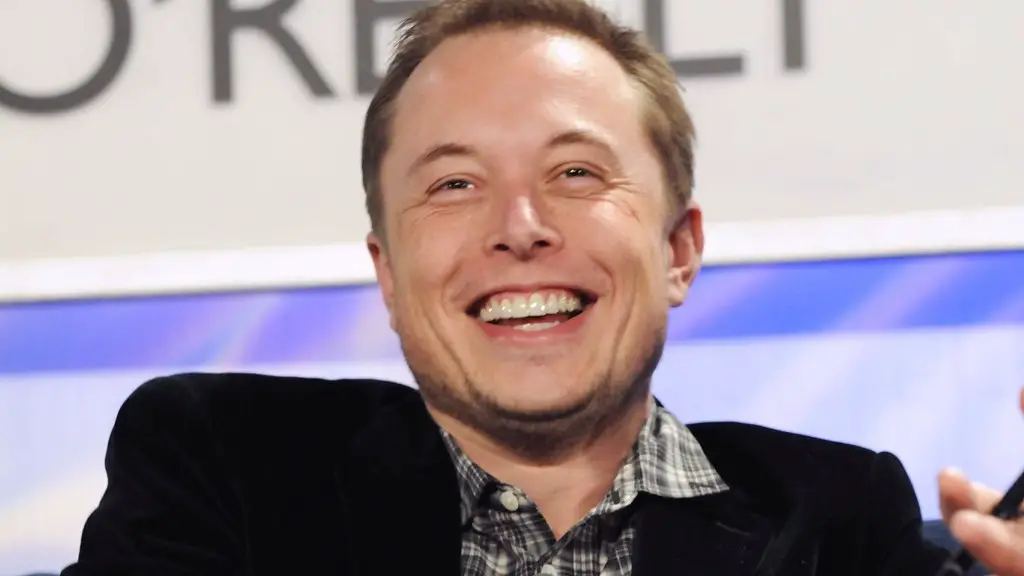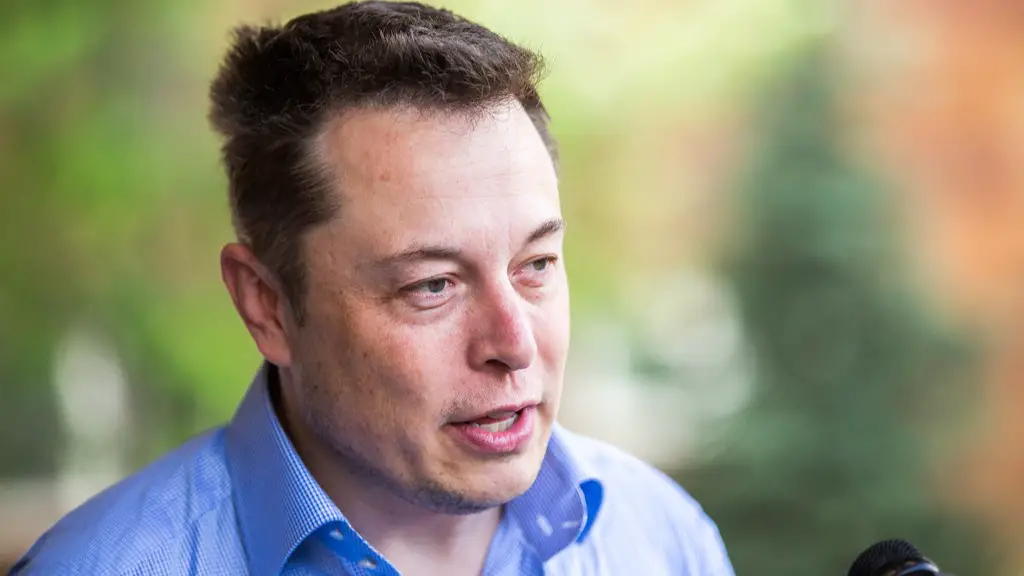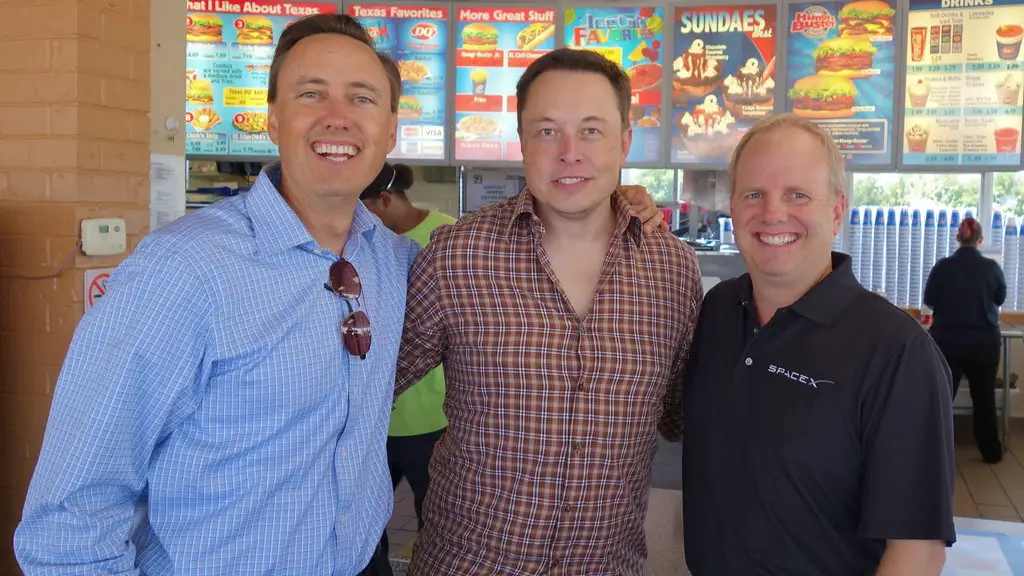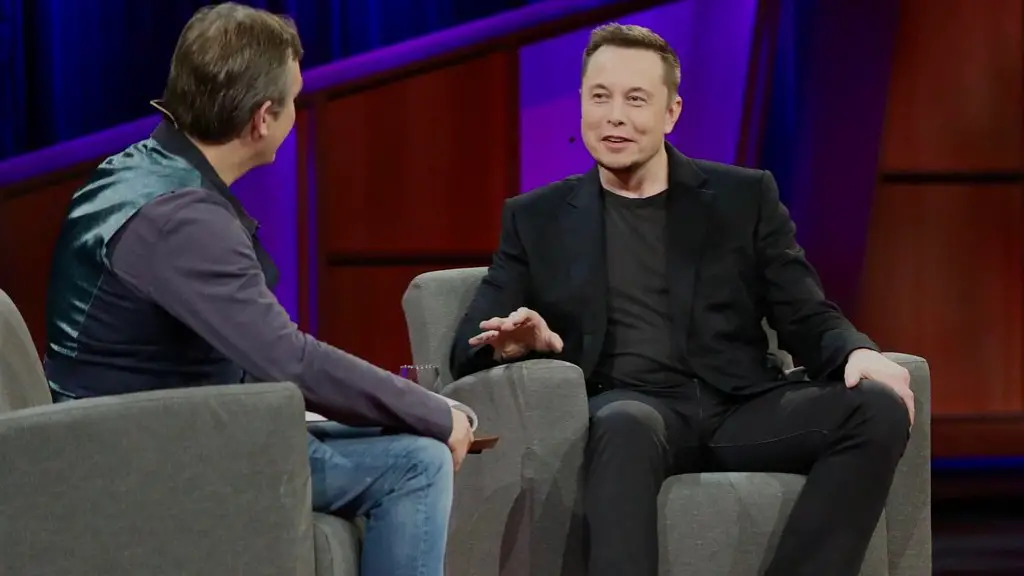Why are people mad about Elon Musk buying Twitter?
Elon Musk, the South African-born entrepreneur, achieved worldwide fame not only for revolutionizing transportation, but recently for his knack for courting controversy. People were taken aback when it emerged last year that he was buying stock in a company that he has previously had an acrimonious relationship with: Twitter. Despite being an enthusiastic user of the platform, Musk was subject to the same rules as all other users, before and after he announced his purchase.
The news of Musk’s acquisition of stock initially caused a huge reaction in the financial markets, leading to a sharp rise in Twitter’s share price. After all, Musk is widely regarded as the world’s most influential businessman and his investments tend to pay off. This sudden rise sparked criticism from those who were worried about Musk’s potential to manipulate the market and push his own agenda. The news also reignited questions about Musk’s “playboy” lifestyle and his tendency to flout the rules and regulations of the markets.
Experts say the primary concern with Elon’s investment is that it could lead to a concentration of power within the market. The rise of social media has already resulted in a few companies owning majority of the platforms for communication and platform for people to gather and share information. Thus, if Musk were to become the majority shareholder of Twitter, it would create an even more uneven playing field with everything online ultimately becoming encumbered by Musk’s influence.
Musk’s influence wouldn’t just be limited to one industry either. As he owns several other major companies, it could eventually blossom into an oligarchy, with everything online ultimately being shaped by the whims of Musk. This kind of power could be detrimental to an internet which has so far been a fairly open place, allowing voices to be heard without too much interference. Moreover, Musk is arguably one of the most controversial figures of modern times and has courted controversy both on and offline. So his having a majority stake in such a major platform has raised alarm bells for many.
Others are angry about the move because it sets a troubling precedent for other billionaires and elites. Musk’s wealth gives him a degree of power and control over the market that few other people enjoy. And for those who were already worried about the potential for billionaires to manipulate the market, this move serves to reinforce their fears. This could lead to the further concentration of power in the market by the already wealthy and powerful, making it even more difficult for ordinary people to compete.
The rationale behind Musk’s move may never truly be known. It could be driven by his desire to have more influence in the public discourse, or perhaps it is just an opportunity to make money in a rapidly advancing industry. We may never know. What we do know, however, is that his actions have reignited a debate about the power of the wealthy, and what Musk’s stock purchase could mean for the future of Twitter and the wider internet.
The Impact on Twitter’s Userbase
The decision by Musk to invest in Twitter has left many of its users feeling uneasy. The obvious concern is that Musk will try to manipulate the platform to fit his agenda and agenda of his other companies. Many users are also worried that he could influence the flow of information by firing employees who disagree with him or pushing through decisions that harm users. Moreover, some smaller stakeholders are worried that the rise of Tesla and Starlink’s influence could lead to a hostile takeover of Twitter by Musk and his money.
Others feel that Musk is using his money and influence to gain unfair access to Twitter data and power. This could effectively make all users feel as if their opinion isn’t valued and only those of the wealthy are listened to. Elitist power structures are already prevalent within the tech industry and there is a worry that this could just serve to make this even worse.
At the same time, others argue that Musk’s decision could be beneficial for Twitter in the long run. It is likely that Musk’s presence will give the platform a much-needed boost, as well as bringing more attention to the service from investors. It is also possible that Musk could bring in much needed innovation to the platform, allowing users to potentially experience a better service. These are all possibilities that will have to be kept in mind as the situation develops.
Regardless of whether the situation is positive or negative, however, one thing is certain: Elon Musk’s decision to invest in Twitter has sparked a great deal of debate and given people much to think about.
The Cost of Elon Musk’s Investment
One of the key questions people are asking when it comes to Elon Musk’s acquisition of Twitter is what the real cost of his investment will be. It’s clear that there could be huge wins from the move financially, with Tesla being in a much better position should Twitter’s shares surge, however some investors are a bit more wary of the prospects and potential drawbacks of the decision.
Firstly, there is the fear that Musk’s presence will taint the reputation of the platform and push people away. It’s a risk with any large figurehead or brand name taking control of a business, and Tesla has not been without its own issues in the past. Also, the complexity of the situation should not be underestimated. The share prices are volatile and it’s not known exactly how Musk’s actions will affect them in the future.
Then there is the argument that the move could limit competition, as some investors may not be willing to invest in a platform under the control of Elon Musk. This could further limit the amount of diversity and innovation taking place within Twitter, as Musk’s situation could very well scare away potential competition.
Finally, it is important to consider the impact on smaller shareholders. It’s possible that as Musk accumulates more shares, the powerbase in Twitter shifts from the average investor to him and any associated entities. This could lead to certain policies or moves that may not be in the best interests of the majority of its users.
Overall, the debate around Elon Musk’s control of Twitter has been divisive. While the potential financial gains should not be discounted, the debate is fundamentally rooted in issues of power, entrepreneurship, and consumer rights.
What Does the Future Hold for Elon Musk?
It’s difficult to know exactly what the future holds for Elon Musk with regard to his investment in Twitter. Some people seem to think that he may use his new position to try and turn Twitter into a platform for his own personal gain, while others are more interested in the potential for innovation that Musk could bring to the platform.
At the same time, it should be noted that this is not Musk’s first investment in a tech company, as he previously invested in DeepMind, Tesla, and SpaceX. So it’s quite likely that this move is connected to his broader strategy for creating a portfolio of investments that can help establish a portfolio of world-changing technologies. It’s also possible that he has plans for how he could use Twitter to further those ambitions.
On the other hand, the reality is that Musk is a notorious figure who has a history of courting controversy and making bold moves. He has also become increasingly outspoken on a variety of topics, including renewable energy and artificial intelligence. This could mean that his plans for Twitter may be more controversial or disruptive than they first appear.
Only time will tell what Musk’s intentions are with Twitter and whether his move is ultimately beneficial or detrimental. Whatever the outcome may be, it is clear that this decision will have a lasting effect on the platform and the way people understand it.
The Implications of Elon Musk’s Investment for other Companies
The implications of Elon Musk’s decision to invest in Twitter are far reaching and could have a significant impact not just on the platform, but on other social networking companies too. With the increasing prevalence of big tech surging, tech giants like Facebook, Google, and Apple now have to face the prospect of having a major rival in the form of Tesla. The competition for market share is now more fierce than ever, and it could lead to some major shakeups and shifts in power.
At the same time, the acquisition could open the door for further investments in the social media landscape, or could even be the start of a wave of acquisitions by large companies. This could result in a wide variety of scenarios, ranging from larger and more dominant companies consolidating power and influence to smaller players being able to get a foothold in the market. Whatever the outcome, it is clear that Elon Musk’s investment in Twitter could have major implications for other companies.
In addition to the implications for other companies, it is also important to consider the competition between Tesla and other tech giants. If Tesla is able to successfully leverage its position on Twitter, it could potentially displace some of the established players and lead to new challengers arising.
These situations could lead to some profound changes in how tech giants interact with their respective consumers. It could lead to a more competitive environment, which could ultimately benefit consumers who may be seeking more options and greater freedom when it comes to their tech choices.
Elon Musk’s purchase of Twitter could also lead to greater innovation and creativity in the tech industry. Without the majority of its shares being held by a single entity, Twitter could be in a better position to pursue radical and experimental design concepts while still maintaining a competitive edge. Whether such innovation will come to pass remains to be seen, but it is certainly an exciting prospect.
Conclusion
It is clear that Elon Musk’s investment in Twitter has a lot of potential implications for the future of the platform, for other companies in the tech industry, and for consumers. His presence on the platform could potentially shift the balance of power, lead to greater competition, and provide more options for consumers. However, it is also clear that there is a great deal of uncertainty surrounding the situation, and the future of the platform remains to be seen. Elon Musk’s presence on Twitter could prove to be a positive or could prove to be a negative, only time will tell.





